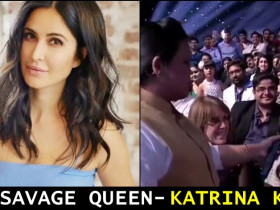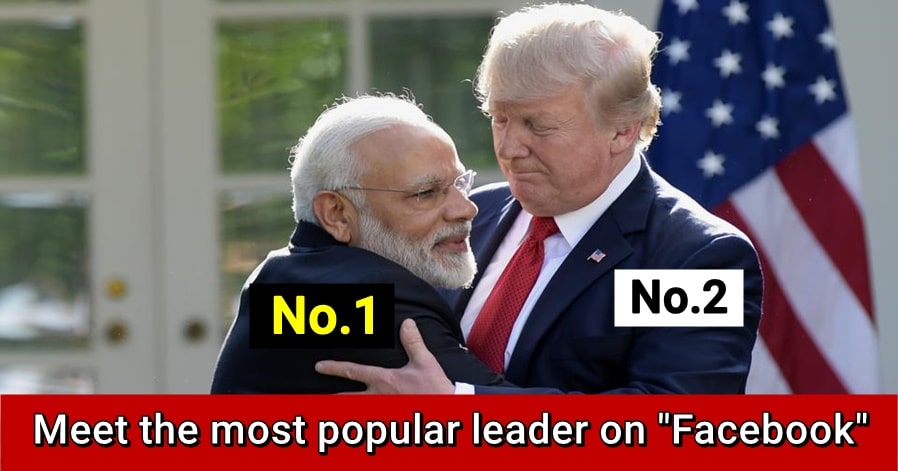No products in the cart.
Bengaluru Man sues McDonald’s for INR 2 Crore Over Billing Mistake, See What Happened Next
In a surprising turn of events, a 33-year-old man hailing from Ulsoor, Bengaluru, dragged McDonald’s to court over a billing error at its Lido Mall outlet. The vegetarian customer, who had ordered French fries with his nephew, was shocked to find out that a McFried Chicken Burger was listed on their bill instead.
While the McDonald’s staff quickly acknowledged the mistake, apologized, and even offered Rs 100 as compensation, the customer was not at all convinced in the first place. Meanwhile, he demanded a formal written apology from the global fast-food giant, which, according to him, never arrived!

Refusing to let the issue slide, the man lodged a police complaint, later recorded as a non-cognizable report. He also emailed McDonald’s to voice his displeasure but found the response unsatisfactory. Determined to seek justice, he escalated the matter to the Bangalore Urban II Additional District Consumer Disputes Redressal Commission.
In his complaint, the customer accused McDonald’s of “service deficiency” and sought a whopping INR 2 crore in compensation, claiming the error caused him significant mental distress.
McDonald’s defended itself, arguing that the billing error was an unintentional oversight that had been promptly corrected. The company pointed out that the issue had been resolved on the spot with an apology and a token compensation offer of Rs 100. McDonald’s called the Rs 2 crore demand excessive and baseless, asserting that the claim was an attempt to gain undue benefits from a trivial incident.
Consumer Court Rules in Favor of McDonald’s
The Urban II Additional District Consumer Disputes Redressal Commission reviewed the evidence and dismissed the customer’s ₹2 crore claim. The court noted that the customer had received his vegetarian order, and the billing error did not impact his dietary preferences.
The judge concluded that McDonald’s had promptly addressed the issue, which did not amount to a service deficiency. Consequently, the court ruled in favor of McDonald’s, leaving many netizens amused and debating the limits of consumer rights.









